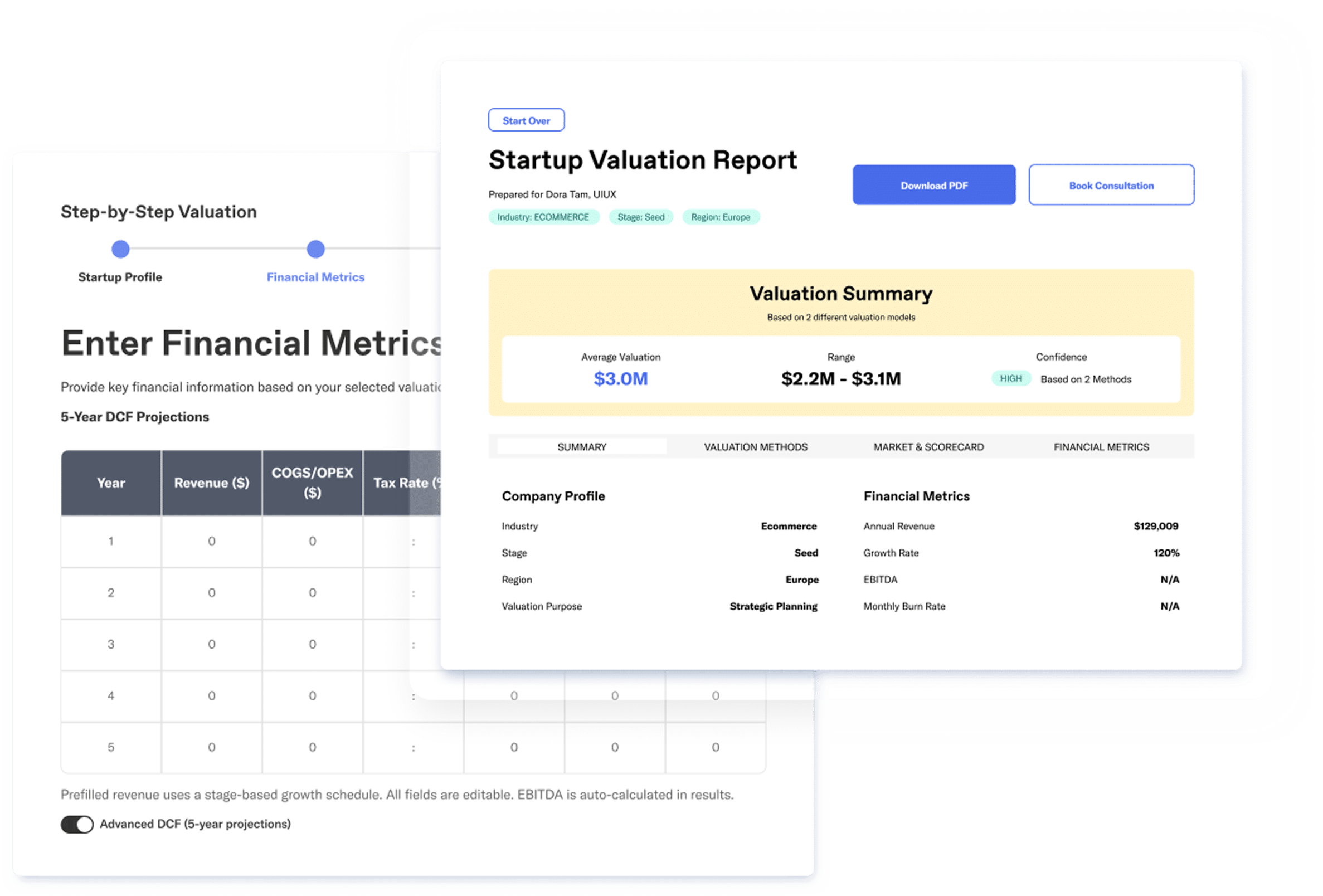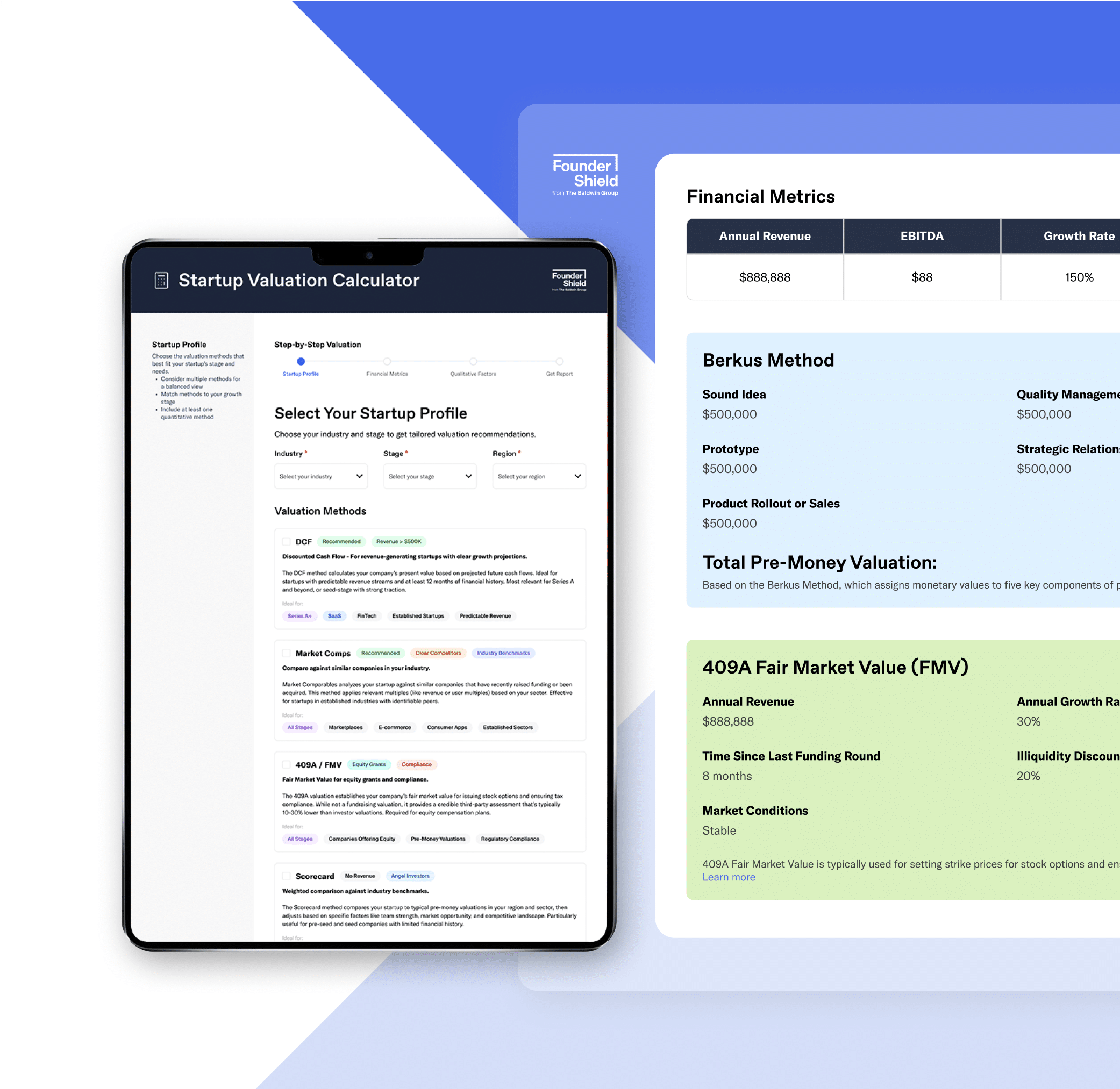-
-
-
-
Featured ResourcesInsightsFeatured Reading
-
The Ultimate Guide to Insurance Requirements in Contracts
It’s not uncommon for other professionals—vendors, cities, partners, investors, etc.—to require specific insurance...
-
Guide to Going Public: De-Risking the Process of Filing for an IPO
-
Startup D&O Insurance: What You Need to Know
Every other day, we read headlines about new legal and settlement costs impacting...
-
- Get a Quote
-
-
-
Cyber Liability
Protects your company against damages from specific electronic activities
-
Crime Insurance
Protects your company against specific money theft crimes
-
Directors & Officers
Protects corporate directors and officers’ personal assets if they are sued
-
Employment Practices Liability
Protects companies against employment-related lawsuits
-
Errors & Omissions
Protects companies against lawsuits of inferior work or service
-
Fiduciary Liability
Protects from legal liability relating to employee benefit plan sponsorship
-
General Liability
Protects companies against basic business risks.
-
Property Insurance
Reimburses companies for direct property losses
-
Workers Compensation
Covers employees if they are injured on the job and can no longer work
-
Cyber Liability
-
-
Hired & Non-Owned Auto
Covers damages sustained when employees use personal vehicles for business purposes.
-
Intellectual Property
Covers legal fees for companies facing infringement claims
-
Key Person & Contract Frustration
Protects businesses and investors if an essential member of your team passes away.
-
Last-Mile Delivery Insurance
Protects against legal liabilities arising from drivers making deliveries
-
Management Liability
A suite of policies to protect a company and its directors and officers
-
Product Liability
Protects against claims alleging your product or service caused injury or damage
-
Representations and Warranties
Protects against the ever-growing risk of post-acquisition litigation
-
Transit & Transportation
Protects against property loss or damage when it’s in transit or stored offsite
-
Umbrella Insurance
Extends other insurance policies to offer excess coverage where your business needs it
-
Venture Capital Asset Protection
Covers lawsuits alleging management or investment advisory service failures
-
Content Creator Insurance NEW
Protects individuals who create and publish content online.
-
Digital Asset Insurance NEW
Offers comprehensive coverage, designed to secure your digital investments against theft, hacking, and other cyber threats.
-
Hired & Non-Owned Auto
-
-
PEO Placement NEW
Professional employer organization(PEOs) allow small businesses to focus on their goals, provide a more robust benefits package, and spend less time on daily administrative duties.
-
Employee Health & Benefits
Provides healthcare, vision & dental, retirement plans, and life insurance
-
PEO Placement NEW
-
-
-
-
Featured ResourcesFeatured Reading
-
The Ultimate Guide to Insurance Requirements in Contracts
It’s not uncommon for other professionals—vendors, cities, partners, investors, etc.—to require specific insurance policies as a part of...
- Guide to Going Public: De-Risking the Process of Filing for an IPO
-
Startup D&O Insurance: What You Need to Know
Every other day, we read headlines about new legal and settlement costs impacting public companies, like Twitter, Walgreens,...
Insights -
The Ultimate Guide to Insurance Requirements in Contracts
- Get a Quote




